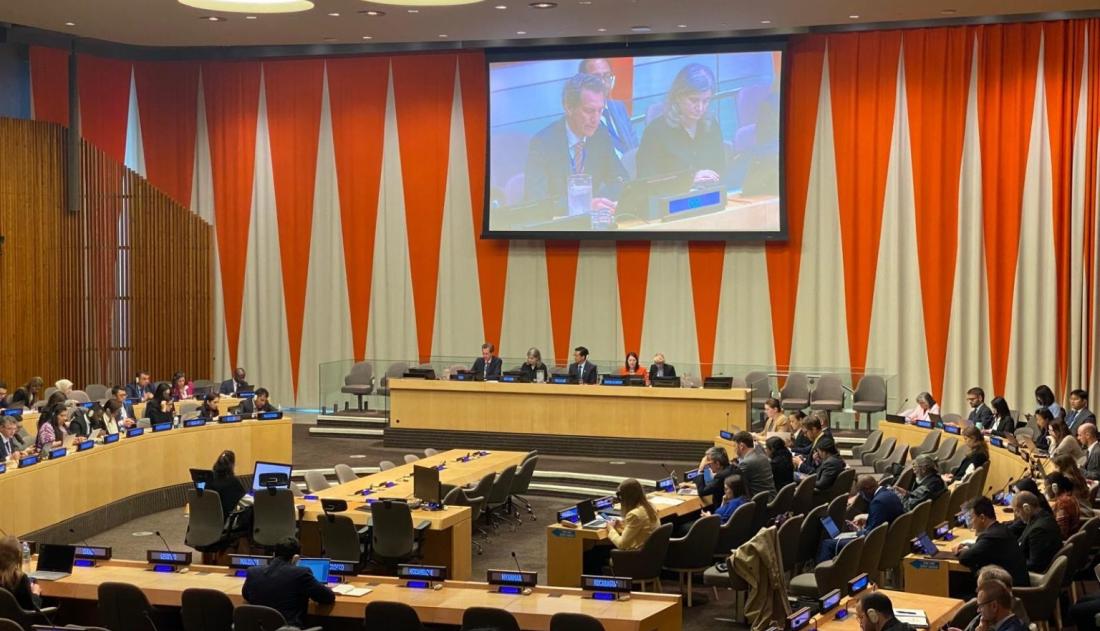The report: Realizing the Future We Want for Allcontains the main findings and recommendations
News & Events
Presentation of the CDP report to ECOSOC's 2025 Management Segment and adoption of the ECOSOC resolution on the report
In Bishkek, DPAD continues to provide practical training workshops for government experts on the use of an integrated macro-micro modelling framework to evaluate policy options and the impact of ex
Government officials in Honduras received an introduction on modelling tools for use in policymaking
On 10 and 11 July 2012 in Tegucigalpa, DPAD conducted a workshop to introduce government officials to modelling tools needed to evaluate the impact of external shocks on attaining the Millennium De
On 28 November 2012, DPAD, MIDEPLAN and UNDP Costa Rica held working meetings and training sessions with the Government representatives of Costa Rica to discuss the progress of the capacity develop
On 8-9 August 2013 in San José, DESA/DPAD staff conducted a hands-on refresher on modelling methodologies for members of the Forecasting Unit of the Ministry of Planning, marking the successful com
- Sharp appreciation of the U.S. dollar
- Western European economy continues to struggle
- Ebola takes severe tolls in West Africa
Staffmembers from across DESA and other UN offices and agencies convened their first expert group meeting on 16 October in New York, to discuss the sketches of the five chapters that will comprise
From 9 to 10 December 2014 the Secretariat of the Committee for Development Policy (CDP) conducted a workshop on graduation from the LDC category in Nay Pyi Taw, Myanmar.
On 16 March 2016 the Committee for Development Policy (CDP) organized a panel discussion on expanding productive capacity for achieving the Sustainable Development Goals as a side event to the 18th
ECOSOC resolution (E/2016/L.19) on Report of the Committee for Development Policy on its eighteenth session has
On 24th January 2017, the DPAD/DSP unit organized a Development Policy Seminar on the topic of “Built to Connect - How buildings and infrastructure form the foundation for sustainable communities”.
Emissions from tourism and trade are growing faster than those from road transport, if current trends persist they could double or even triple by 2050.
 Welcome to the United Nations
Welcome to the United Nations
